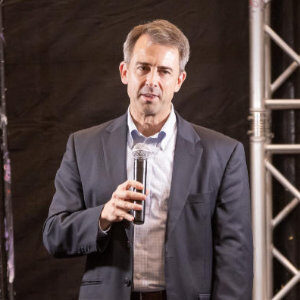For those of you familiar with the famous quote of Pope Benedict XVI, you’ll quickly know his answer to this question. I find the question admittedly challenging, unbending and inconvenient.
And yet, over the years I have become grateful for it.
Once you hear it, or in this case read it, you can’t “unlearn” it. This question has a way staying in your head, hopefully keeping you accountable for being your best…ALL THE TIME.
Annoying, right? Well, let’s take a closer look.
First of all, what is comfort? There are a couple ways to define it, depending on context. Comfort is the feeling of ease, security, and relaxation, often arising from familiar surroundings, supportive relationships (real or perceptively), or a sense of physical contentment. It’s also a state of minimal stress, and perhaps approaching problems the way you’ve always done it, using your knowledge, experience and emotion. It often also leads to minimal effort.
Next, what is greatness? Greatness combines the above approach to problems and situations, with principles and virtues that results in doing what’s possible. It’s putting in the work to actively build character strength to sustain an ever-increasing level of achievement and effectiveness.
Greatness is continuous pursuit of knowing yourself better and creating solutions that help you with your mission, rather than hindering it.
The result is personal coupled with spiritual and professional growth to achieve an integrated life, or greatness.
The difference between comfort and greatness is palpable, isn’t it?
And yet, here’s the irony: pursue greatness, and you will ultimately be fulfilled, and at peace (true comfort). Make comfort your priority, and it is very likely that your heart will remain empty, and forever restless.
Photo Credit: RUN 4 FFWPU




